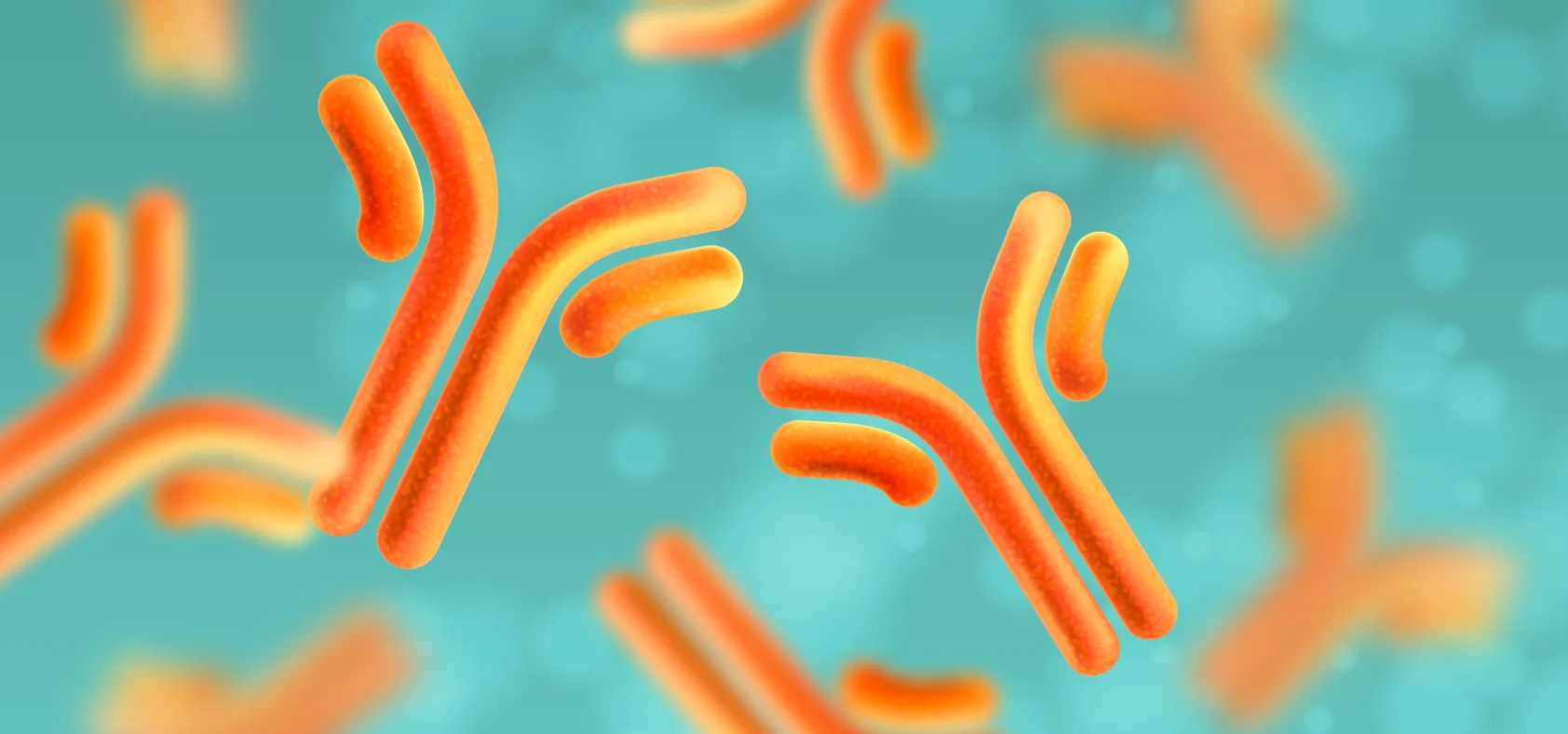Resista Protect®
Understanding the Immune System
The primary role of the immune system is to protect the body from harmful bacteria and viruses and to destroy any damaged or altered cells.

When bacteria or viral particles enter the body, the immune cells recognize them, activate, and work to eliminate them. Human immunity is divided into two types: innate and acquired. Even before birth, individuals develop innate immunity, a built-in defense system against pathogens. This includes protective barriers such as the skin and mucous membranes, certain immune cells, and substances (like enzymes, proteins, and cytokines) that neutralize or destroy harmful microorganisms.
Acquired immunity develops over a person’s lifetime as the immune system encounters pathogens like bacteria and viruses. Upon contact, the immune system learns to recognize and neutralize them by producing antibodies specific to each microorganism. This type of immunity is also known as specific immunity. While acquired immunity is highly effective against particular pathogens, innate immunity is critical for immediate defense, as it takes the immune system about seven days to produce a targeted response.

Immune cells are distributed throughout the body (in the bone marrow, thymus, spleen, tonsils, and lymph nodes), but the largest immune organ is the digestive tract, home to about 70% of the entire immune system. The intestinal lymphoid tissue works closely with beneficial gut bacteria, such as lactobacilli and bifidobacteria, to maintain the immune system’s readiness for a rapid response to intruders. When these good bacteria decline, so does immune strength. Although the immune system handles millions of pathogens daily, certain conditions can weaken it, allowing disease-causing agents to take over. In cases of chronic illness, aging, pregnancy, or stressful situations (like flu outbreaks), the immune system may need extra support.


Resista Protect® combines five clinically proven ingredients designed to support and enhance the immune system’s natural defense mechanisms.
Ingredients
Beta Glucan
The beta glucan in Resista Protect® is obtained from the cell wall of the yeast Saccharomyces cerevisiae. This compound plays a vital role in enhancing the immune system by promoting a balanced and natural immune response. Beta-1,3/1,6-glucan derived from Saccharomyces cerevisiae is the most researched and widely regarded as superior to beta-glucans from other sources, such as fungi, bacteria, and cereals.

Coenzyme Q10
Coenzyme Q10 is a fat-soluble substance found in the cell membranes of every human cell, which is why it is referred to as ubiquinone—meaning “found everywhere.” Coenzyme Q10 plays a crucial role in our cells by providing substatial energy through the synthesis of ATP in the mitochondria. Additionally, it acts as a powerful antioxidant, protecting cells from damage caused by oxygen and nitrogen free radicals. The concentration of CoQ10 is highest in organs that require large amounts of energy, such as the heart, lungs, kidneys, and liver.


Vitamin D3
Vitamin D3 is a crucial vitamin for maintaining healthy bones, muscles, and teeth. Additionally, it plays a key role in immune defense. Adequate levels of Vitamin D3 help strengthen the immune system, particularly in the respiratory tract and lungs.
Known as the “sunshine vitamin”, Vitamin D3 is synthesized when the skin is exposed to direct sunlight. However, during the winter months, the body often becomes deficient in this vitamin, leading to weakened immunity. Current studies estimate that 70 to 80% of Europeans have Vitamin D defficiency, which can increase susceptibility to various illnesses.

Zinc
Zinc is the most abundant trace element in biological systems and plays a vital role in a wide range of functions. It acts as a structural component in over 300 enzyme systems that are essential for the body. Zinc helps protect cells from oxidative stress, reduces excessive inflammatory responses when the body encounters pathogens, and supports the normal development and function of immune cells.


Black Elderberry Extract
The European black elderberry (Sambucus nigra) is a tree native to Europe, western Asia, and northern Africa. The fruits of this plant are rich in bioactive compounds, including phenolic acids, anthocyanins, essential oils, and polysaccharides. Black elderberry supports the immune system by boosting the levels of interferon beta, one of the key proteins involved in protecting the body against viruses.










